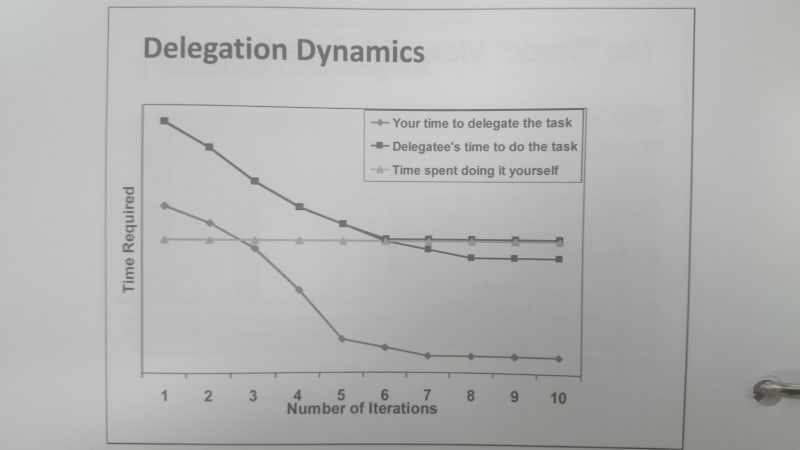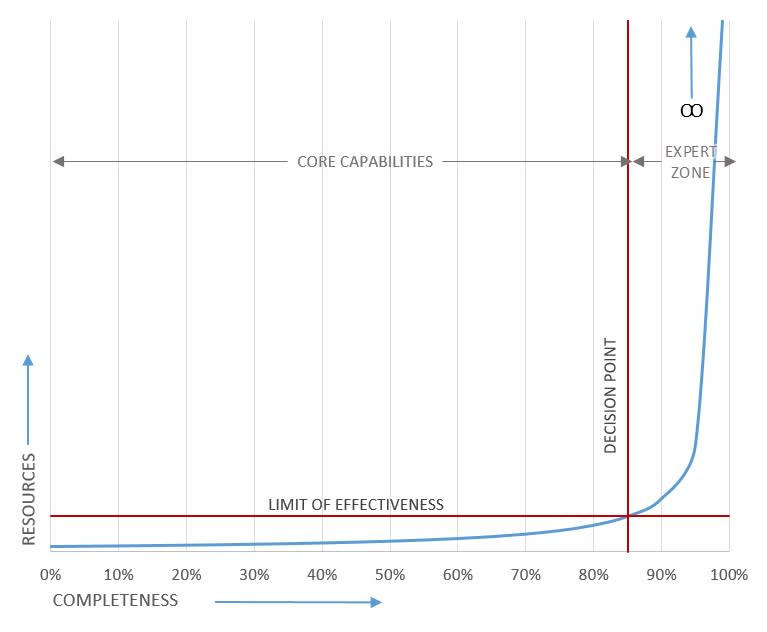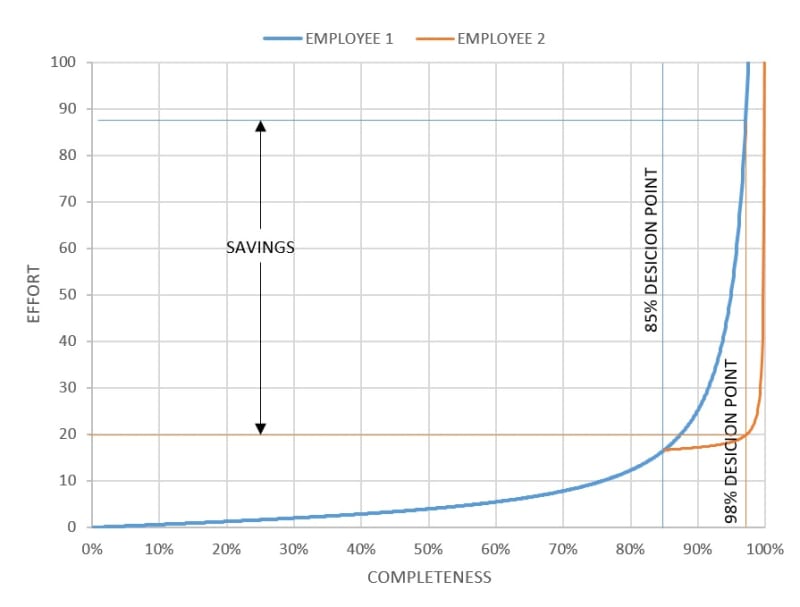Question:
How do YOU balance educating and motivating a junior without overwhelming them and without making them "suffer" too much? By "suffer" I mean — prevent them from spinning their wheels on a problem so much that they stop caring about the work.
Background:
Recently I've been taking the role of supervising a junior. They have expressed an interest in doing more design work as opposed to strictly drafting duties. So I have passed a few projects on which would allow them to proceed with simple design work. In the process I have identified certain gaps in their knowledge when their questions come flooding back. I've started setting up an electronic library for them to access resources (code books, academic papers, reference books). I also have made my personal books available to them. These resources help me answer relatively elementary theoretical questions that I would like to take the time to answer but can't afford the time everyday without my workload suffering. I've gone so far as scheduling regular meetings with them where I give an hour lesson with a checklist of the necessary design steps.
My worry is that there have been poor habits established in their past. For example, always defaulting to a software solution without the ability to follow through the steps by hand. Another example would be that they will try to debate their way out of running a short calc using specific code clauses (ie. "it's not increased by THAT much so it should still be good" versus actually knowing the numbers). These poor habits show because they are quick to hide when they don't know something and, instead, try to dig into a highly hypothetical theoretical situational discussion about a concept (ie. hyperfocusing on a problem that doesn't exist in the particular design situation).
I'll admit that I wasn't the perfect EIT years ago, but I did recognize the need to know and understand how to get the result and what it means. And I'm definitely not the expert PE, but I've seen and designed enough that I can direct and design with confidence. So...how do you balance educating someone in order to motivate them to excel at their job without overwhelming them in thinking that they are inadequate?
How do YOU balance educating and motivating a junior without overwhelming them and without making them "suffer" too much? By "suffer" I mean — prevent them from spinning their wheels on a problem so much that they stop caring about the work.
Background:
Recently I've been taking the role of supervising a junior. They have expressed an interest in doing more design work as opposed to strictly drafting duties. So I have passed a few projects on which would allow them to proceed with simple design work. In the process I have identified certain gaps in their knowledge when their questions come flooding back. I've started setting up an electronic library for them to access resources (code books, academic papers, reference books). I also have made my personal books available to them. These resources help me answer relatively elementary theoretical questions that I would like to take the time to answer but can't afford the time everyday without my workload suffering. I've gone so far as scheduling regular meetings with them where I give an hour lesson with a checklist of the necessary design steps.
My worry is that there have been poor habits established in their past. For example, always defaulting to a software solution without the ability to follow through the steps by hand. Another example would be that they will try to debate their way out of running a short calc using specific code clauses (ie. "it's not increased by THAT much so it should still be good" versus actually knowing the numbers). These poor habits show because they are quick to hide when they don't know something and, instead, try to dig into a highly hypothetical theoretical situational discussion about a concept (ie. hyperfocusing on a problem that doesn't exist in the particular design situation).
I'll admit that I wasn't the perfect EIT years ago, but I did recognize the need to know and understand how to get the result and what it means. And I'm definitely not the expert PE, but I've seen and designed enough that I can direct and design with confidence. So...how do you balance educating someone in order to motivate them to excel at their job without overwhelming them in thinking that they are inadequate?



